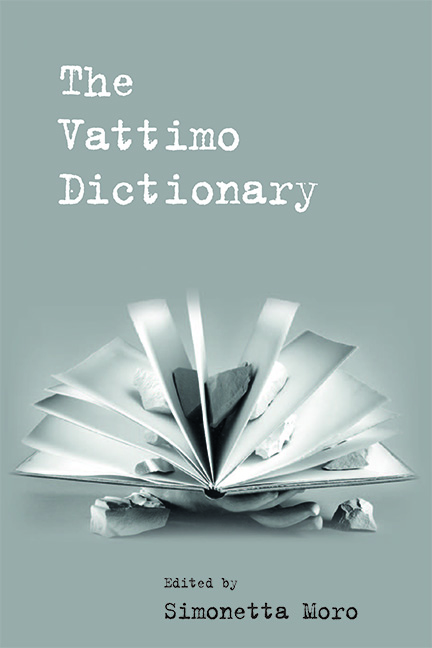Entries A–Z
Published online by Cambridge University Press: 17 November 2023
Summary
ADORNO, THEODOR WIESENGRUND
Giovanni Giorgio
With Adorno, but beyond Adorno (1903–69): this is how Vattimo’s relationship with Adorno’s thought could be summarised. This, in fact, remains the term of reference, ‘for the most part unspoken’ (AD, 5) that goes with the Vattimian reflection, especially when it becomes clear that his personal development goes from an initial vision, marked by dialectics, to a more clearly hermeneutic vision (Giorgio 2006: 18–23). He would later say that ‘a revised “Adornism”, very deeply revised’ was needed (Vattimo [1989c] 2000: 115).
Adorno, as is well known, finds in Auschwitz the event from which to pose the question of the failure of Western metaphysics (Adorno 1973 [1966]). Auschwitz represents not only the extreme consequence of a certain rationalistic vision of the world, but also and above all the anticipated image of the current unfolding of metaphysics (Horkheimer and Adorno 1969 [1947]), since ‘a fully rationalized society is a prison precisely when it becomes a reality’ (BIS, 152): it is the place where the ‘link between metaphysics and violence’ emerges (Vattimo 2007d: 403; see violence). By metaphysics, following Heidegger’s line, we mean that Western tradition of thought for which, from Plato onwards, the idea of being is that of an order that organises the multiplicity of entities into unity. This order enjoys a stable presence, as it is founded on a Grund, accessible to reason, which anchors the totality of reality to itself and makes it depend on itself. Although there have been many fundamenta inconcussa in which Western reason wanted to anchor the truth (Antiseri 2003: 51), ‘god’ remains the figure that identifies them all.
But the most serious question of this tradition of thought is the one raised by Adorno and the reference to Auschwitz, since the ‘given’ metaphysical order does not only exist as a structure of reality, but also as an ethical-social discipline that legitimises a dominant power which is capable of deciding, as in the Shoah, who is worthy to live and who to die. This is why metaphysics is violent, because disciplinary power, legitimised by the knowledge of the foundation, puts the freedom of each individual, contingent and transient, as Adorno calls it, out of the question.
- Type
- Chapter
- Information
- The Vattimo Dictionary , pp. 21 - 208Publisher: Edinburgh University PressPrint publication year: 2023



